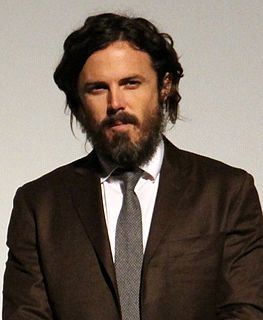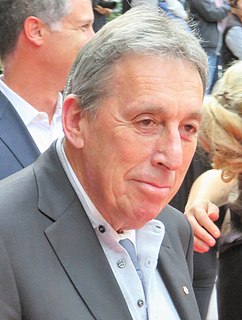A Quote by Casey Affleck
Lots of movies don't kind of work as well as they do on the page.
Related Quotes
I get very tense working, so I often have to get up and wander around the house. It is very bad on my stomach. I have to be mad to be working well anyway, and then I am mad about the way things are going on the page in addition. My ulcer flourishes and I have to chew lots of pills. When my work is going well, I am usually sort of sick.
Yes, the fear of its blankness. At the same time, I kind of loved it. Mallarmé was trying to make the page a blank page. But if you're going to make the page a blank page, it's not just the absence of something, it has to become something else. It has to be material, it has to be this thing. I wanted to turn a page into a thing.
The model we established was to give creative people complete creative freedom in exchange for betting on themselves, so they work for the minimums you're allowed to work for, and if the movies work in a big way, everyone does very well. If the movies don't, nobody loses too much money. The benefit to doing all the movies low budget is we can tell different types of stories and take creative risks. The Purge would have been irresponsible to do for $20M, but to do it for $3M makes sense.
When you're reading a newspaper and you're seeing ads on the page, it's not kind of invasive. Like, it's on the page next to the article. You can look at it or not. You can turn the page when you're ready. On the internet, the ads - many of the ads - just are so controlling. They insist that you see them.



































